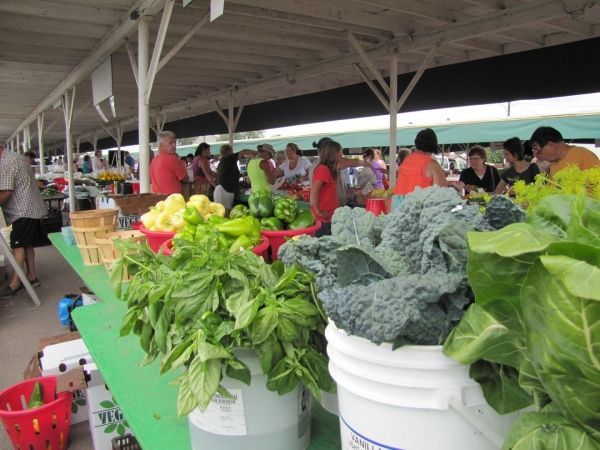Many vendors at farmers markets take inadequate precautions to prevent the spread of foodborne illness, and they should be trained to reduce food-safety risks, according to Penn State researchers who completed the final phase of an innovative five-year study.
Using a comprehensive three-way approach, the research assessed food safety behaviors at Pennsylvania farmers markets using direct concealed observations, state sanitarian observations, and self-reported vendor surveys. The results revealed key distinctions between observed vendor food-handling practices — by both researchers and state sanitarians — and vendor self-reported practices.
The findings, which were published today (Nov. 1) in Food Protection Trends, suggest that Pennsylvania would greatly benefit from a customized food-safety training program offered to farmers market vendors to address the identified issues and regulatory requirements for selling safe foods in Pennsylvania.
"We found that our direct field observations and inspector findings were very similar, yet very different from what most vendors said they were doing — their self-reported behaviors," said Cathy Cutter, professor of food science in the Penn State College of Agricultural Sciences, whose research group conducted the study. "There was a chasm, if you will, between what we and the inspectors saw, and what vendors reported they were doing," added Cutter, who is also assistant director of food safety and quality programs for Penn State Extension. "The vendors think they are doing a good job, when in reality they are not. We are not sure why there were such discrepancies. Nevertheless, they need to do better."
Read more at Penn State
Image: The researchers assessed food safety behaviors at Pennsylvania farmers markets using direct concealed observations and state sanitarian observations, and checked select samples of leafy green produce and meat obtained from vendors for the presence of hygiene indicators such as fecal coliforms, Listeria, andE. coli. (Credit: Joshua Scheinberg)


